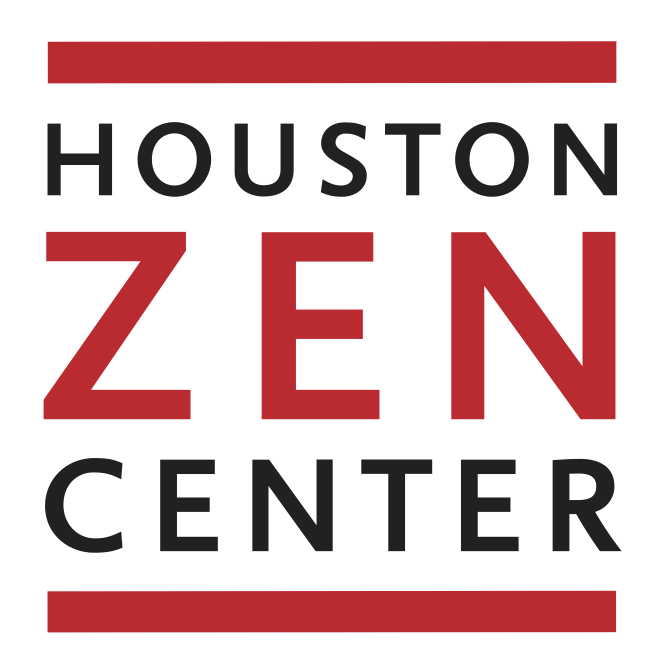Dharma talk by Duncan Ryūken Williams, an ordained Buddhist Priest and scholar. In his new book, American Sutra, Professor Williams reveals the little-known story of how, in the darkest hours of World War II when Japanese Americans were stripped of their homes and imprisoned in camps, a community of Buddhists launched one of the most inspiring defenses of religious freedom in our nation’s history, insisting that they could be both Buddhist and American.
George Takai, actor and activist, speaks of the importance of the book in this interview.
Duncan Ryūken Williams
Duncan Williams, a professor of Religion and East Asian Languages and Cultures at the University of Southern California, calls the internment of Japanese Americans during World War II “a totallistic ethnic cleansing of the West Coast.”
“It’s a judgment without trial; it’s an imprisonment without due process,” he says.
Professor Williams, who received his Ph.D. in religion at Harvard, has been traveling across America speaking about his new book, “American Sutra: A Story of Faith and Freedom in the Second World War.” He has made a close and long-term study of the practice of Buddhism in Japanese internment camps during World War II. Two-thirds of the approximately 120,000 people forcibly relocated to these camps were practicing Buddhists.
“Buddhist priests as a category were seen by the U.S. government at that time as a threat to national security,” Williams says. Using recently declassified government documents, Williams was able to explore how Japanese-Buddhist priests were targeted for arrest directly after the attacks on Pearl Harbor.
“How did something called American-Buddhism get created in the midst of war, behind barbed wire, in the crucible of this very difficult time?”
In “American Sutra,” Williams uses documents, diaries, and interviews to answer this question. He argues that from within these internment camps, Buddhist families who seemingly lost everything stood up for religious freedom, a fundamental American ideal.


